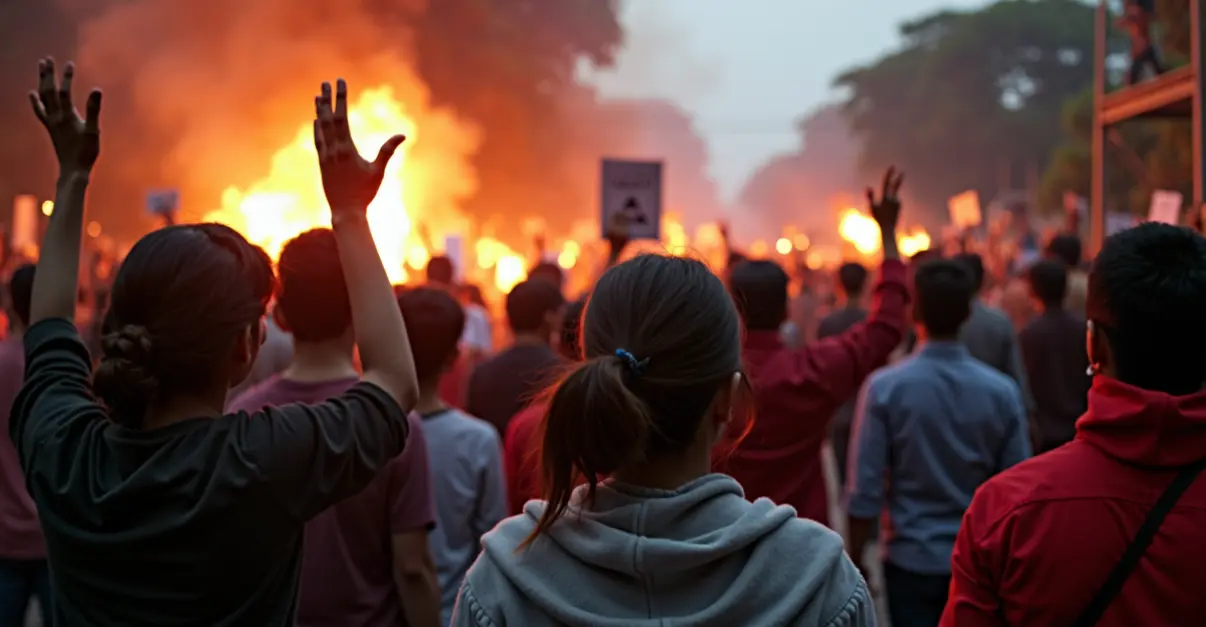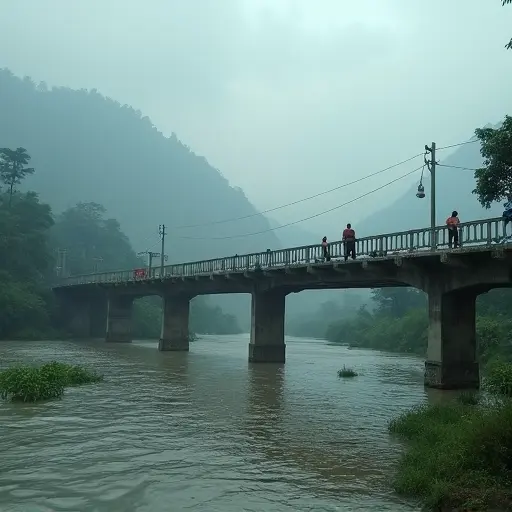
Government Reverses Controversial Social Media Restrictions
Nepal's government has revoked its controversial social media ban that sparked deadly protests across the country, resulting in 19 fatalities and hundreds injured during clashes between demonstrators and riot police. The ban, imposed last week, targeted major platforms including Facebook, X, YouTube, and WhatsApp that failed to meet government requirements for local representation and surveillance capabilities.
Prime Minister KP Sharma Oli announced the policy reversal following violent confrontations in Kathmandu where thousands of protesters attempted to storm parliament buildings. We are listening to the concerns of our youth and taking appropriate measures,
Oli stated in a late-night address.
Gen Z Leads Protest Movement
The demonstrations, largely driven by Nepal's Generation Z (those born between 1995-2010), represent broader frustrations with government corruption and economic stagnation. Despite the lifted restrictions, protesters plan continued demonstrations demanding Oli's resignation and comprehensive political reforms.
Correspondent Devi Boerema reported from Kathmandu: Universities and most offices remain closed today. While internet access has been restored, peace hasn't returned. Young people continue gathering for peaceful protests despite the curfew.
Curfew and Ongoing Tensions
The government has imposed an indefinite curfew in Kathmandu and two other cities, prohibiting protests, closing schools, and restricting movement near parliament. Security forces remain on high alert as demonstrators have targeted ministerial residences, with several properties set ablaze during overnight clashes.
The situation reflects growing regional tensions over internet governance and digital rights, with Nepal joining several Asian nations implementing stricter online controls in recent years.

 Nederlands
Nederlands English
English Français
Français Deutsch
Deutsch Español
Español Português
Português




